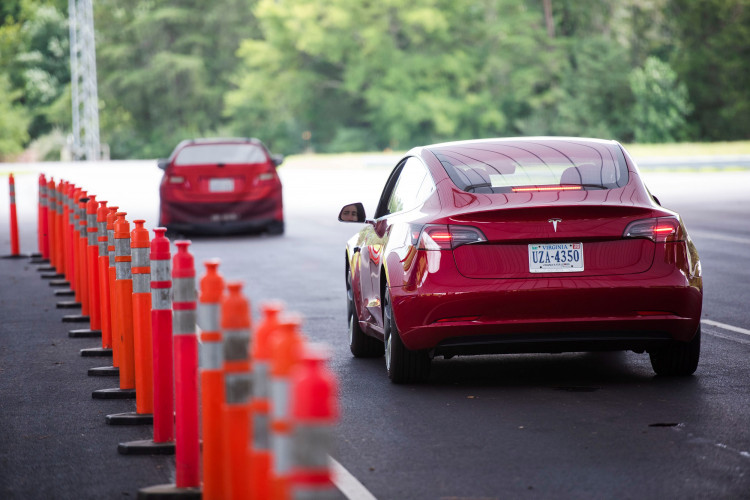Tesla has had its share of good and bad news recently. The good news is that the company continues to enjoy a record-breaking surge in stocks plus the fact that they can now sell in the state of Michigan. However, all these were tainted by reports of alleged sudden acceleration of Tesla models.
Through a report by CNBC, Tesla has slammed the unintended acceleration complaints, branding them as false. They said that these allegations are completely false, addressing a petition where there are about 127 complaints on Tesla vehicles suddenly accelerating on their own.
In an official statement, Tesla said that they look into such complaints seriously. In a previous post, it was mentioned how about 110 crashes and 52 injuries are being blamed on unintended acceleration. However, the company said that the issue is not unique and a common complaint by drivers when they accidentally hit the accelerator. Also, Tesla said that there is an Autopilot technology that works to prevent accidents caused by misapplications to the accelerator pedal.
“We investigate every single incident where the driver alleges to us that their vehicle accelerated contrary to their input, and in every case where we had the vehicle’s data, we confirmed that the car operated as designed,” Tesla said in a statement.
Speaking of the features that Tesla vehicle carries, a video of the vehicle's Automatic Emergency Braking was put up recently. In the video, the Tesla stops itself as a Jeep Wrangler inadvertently drove out of its lane to the right without signaling first and looking for incoming cars.
As pointed out by InsideEVs, the Tesla Autopilot does not have to be engaged for it to function. Automatic emergency braking is an always-on safety system to save drivers and their passengers in is situations. A video of the Tesla Automatic Emergency Braking system at work can be viewed below.
This not to say that the Tesla sudden acceleration claims are perfect. It remains possible that there are vehicles with defects, although the number of cases reported is a bit alarming. Tesla has been cooperating with the NHTSA on the matter, and it remains to be seen if a formal probe will follow.
This is an issue that may or may not prosper, depending on the evaluation of the NHTSA. They do have the power to order recalls or recalls of components in the vehicle. Tesla is not the first company to deal with such claims. Toyota and Lexus had their share of the same back in the 2000s. But upon investigation, it turns out that most were caused by driver errors.






